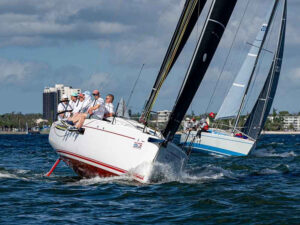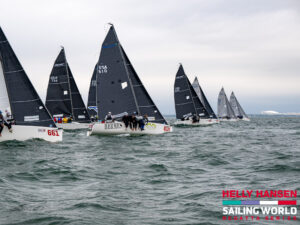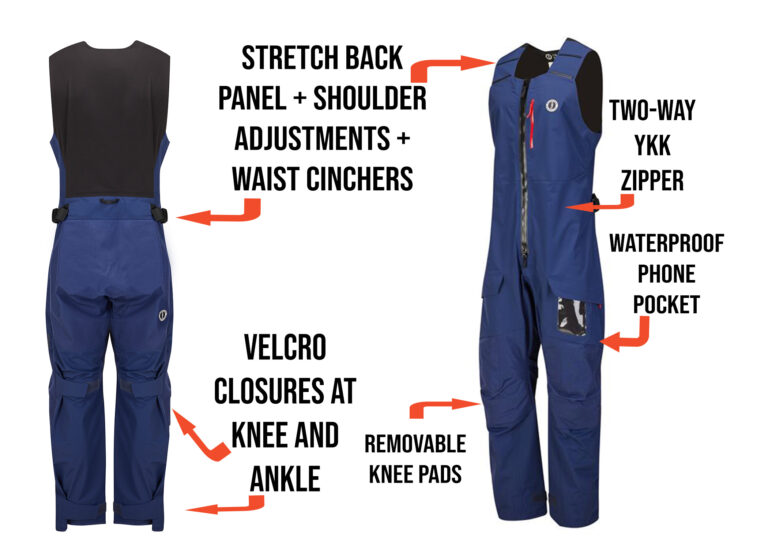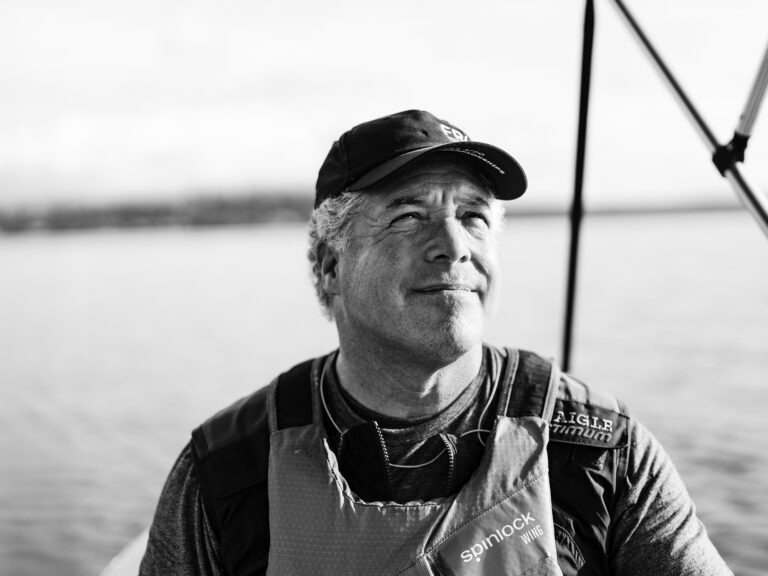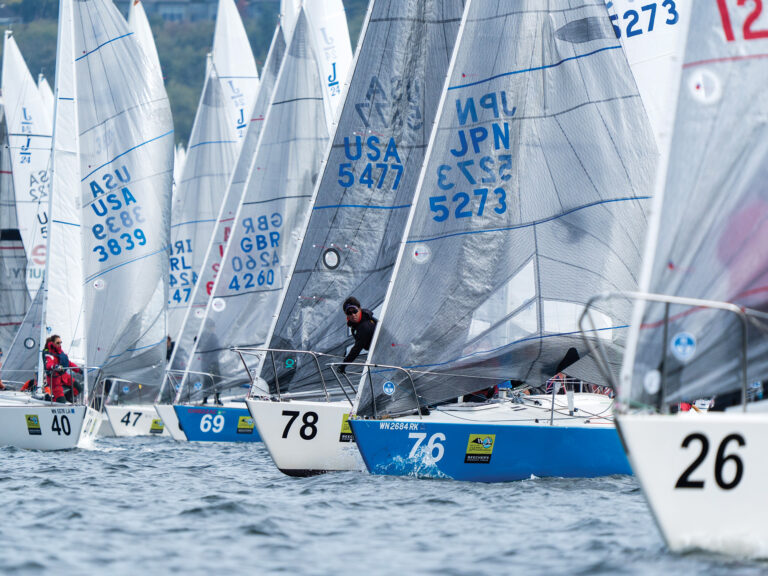It may not be the ultimate boat of choice for a hotshot team racer, but sometimes, if you want good sailing where you live, you just have to sail with the homies. That’s how local fleets thrive, and here in Marblehead, Massachusetts, the boat of choice remains the Rhodes 19, as it has continuously since the early 1960s.
Somethings never change, nor do the reasons why sailors of all skill levels are drawn to this chubby but spritely 19-footer: it’s simple to sail and easy to own.
Such is the case of Matt Hooks, one of the newer young additions to Marblehead’s Rhodes 19 fleet. After the opening day of racing, with three races in the can, Brooks was leading the fleet, but well aware that guys like Dave Nelson and Ben Richardson, a one-time Laser Olympian, were one race away from turning the tables.
A Marblehead native and product of the junior-run Pleon YC, Hooks says the Rhodes 19s were a presence for as long as he can remember, and after graduation he found himself boat hunting.
“The class here is deep; we’ll get 30 boats for Race Week and 20 boats on a regular Saturday,” says Hook. “It’s an affordable boat to get into fleet racing. It’s easy and I only have to find one person to go sailing with.”
His search led him to a $12,000 gem that once belonged to local legend Norm Cressy. “It’s a boat you can tweak and spend time and effort it you want to turn it into your own,” he says. “They’re all different and everyone puts their own touches.”
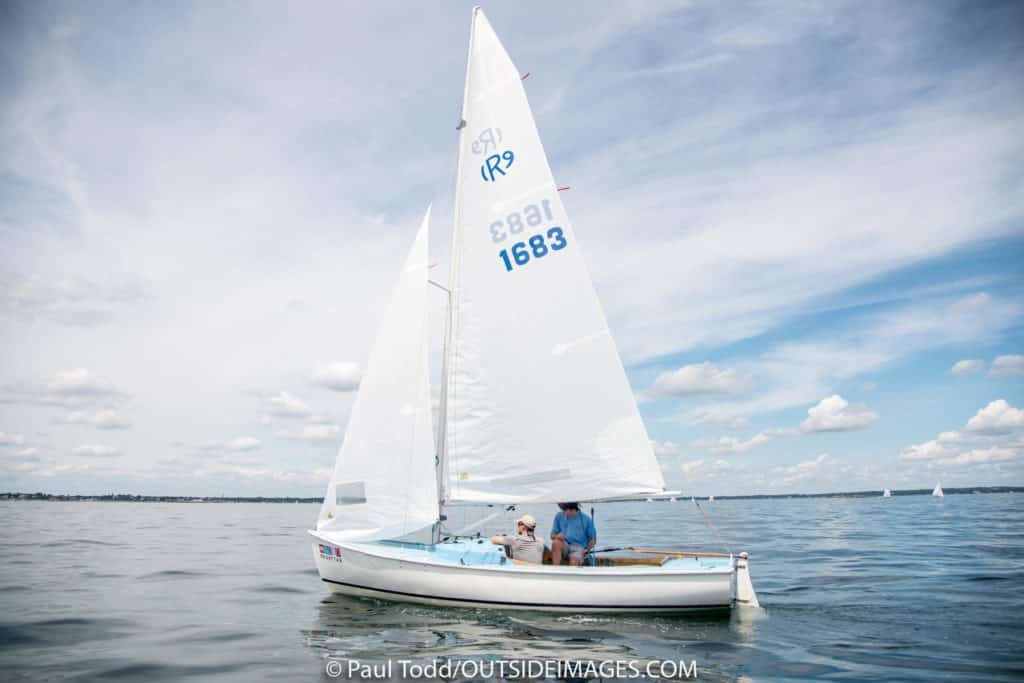
For potential Rhodes hunting, Hook suggests finding someone who’s been in the class for a long time—he sought out Charlie Pendleton, a multiple time Helly Hansen NOOD Regatta champ. “You want one that has dry ribs,” says Hook, “and has a history of doing well in the past.”
He’s into the boat for a bottom job (he drysails it), some new deck hardware and mainsheet blocks, as well as a shiny new mast. “I was one of the few people sailing around without a tapered spar,” he confesses, “so I had to get up into the 21st Century of Rhodes 19 sailing.”
Two crew are ideal, he says, but sanctioned class events like the upcoming Nationals require three crew. Go for someone small.
“It’s a slow boat; not sexy or fast, but it’s competitive racing, and that’s all you can ask for,” says Hook. “There is a premium on keeping the boat going fast, powered up and charging. Keep pulling on the tiller, find a clear lane and keep it going fast.”
Don’t rely on the sailmaker’s tuning guide, however. The boats are old and unique in many ways, so you have to put in your time and figure out on your own how to make your own boat go fast. “We’ve been at it for a few years,” says Hook, “and we’re just now starting to figure it out.”

